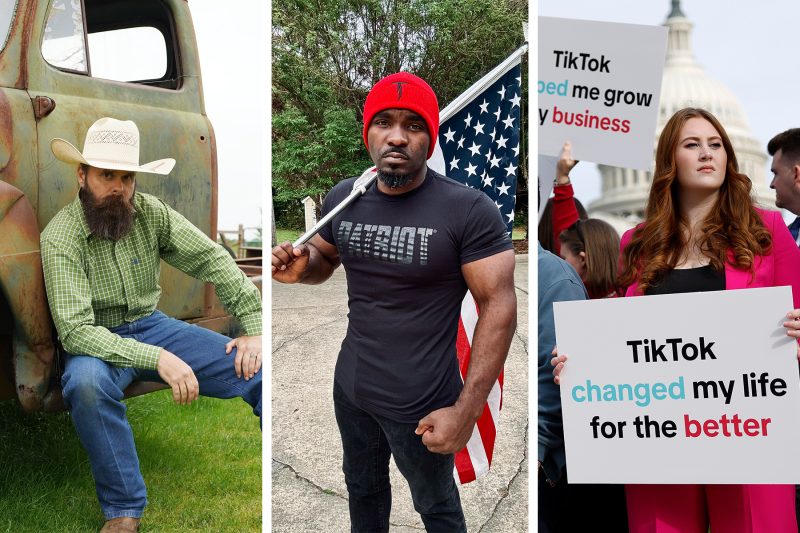In a bold and unexpected move, a group of TikTok creators recently filed a lawsuit against the U.S. government over the potential ban of the popular social media app. The lawsuit, which has caught many by surprise, sheds light on the complex legal and ethical issues surrounding technology regulation, free speech, and the power dynamics between governments and digital platforms.
The creators behind this lawsuit are not just individuals seeking to protect their right to use TikTok; they are also challenging the government’s authority to intervene in the online spaces where millions of users connect, create, and express themselves. At the heart of this legal battle is the question of who gets to control the flow of information and communication in the digital age.
One of the key arguments put forth by the TikTok creators is that banning the app would infringe upon their First Amendment rights to free speech and expression. By preventing users from accessing TikTok, the government would effectively be restricting their ability to communicate, share ideas, and engage in public discourse. This challenge to the potential ban highlights the broader implications of censoring online platforms and the need to protect users’ rights to access information and participate in online communities.
Furthermore, the lawsuit also raises important questions about the role of government in regulating technology and the internet. As digital platforms continue to play an increasingly central role in our lives, governments around the world are grappling with how to balance the benefits of technology with the risks and challenges it presents. The TikTok creators’ lawsuit serves as a reminder of the need for transparent and accountable governance of digital spaces, and the importance of ensuring that regulatory actions are grounded in principles of democracy and human rights.
Moreover, the lawsuit underscores the power dynamics at play between governments and tech companies. By taking legal action against the U.S. government, the TikTok creators are challenging the assumption that governments can dictate the terms of engagement in digital spaces without accountability. This case highlights the need for a more nuanced and collaborative approach to regulating technology, one that involves stakeholders from all sectors of society in decision-making processes and upholds the rights and interests of users.
In conclusion, the lawsuit filed by the TikTok creators against the U.S. government marks a significant moment in the ongoing conversation about technology regulation, free speech, and digital rights. By challenging the potential ban of TikTok on legal grounds, these creators are not only defending their right to access the app but also raising important ethical and governance issues that have far-reaching implications for the future of the internet. This lawsuit serves as a powerful reminder of the need to protect users’ rights in digital spaces, uphold principles of democracy and human rights, and engage in transparent and accountable decision-making processes when it comes to regulating technology.
